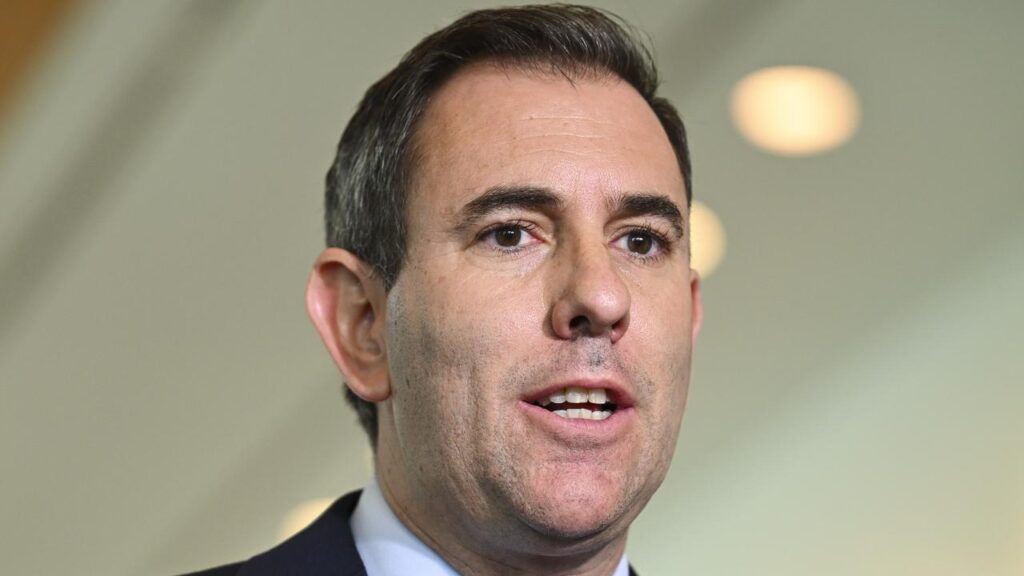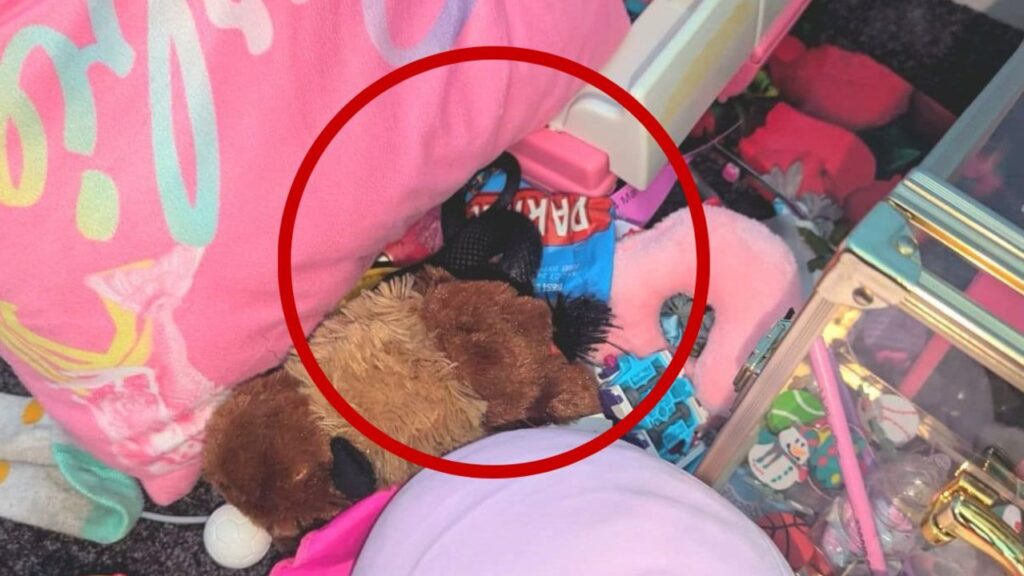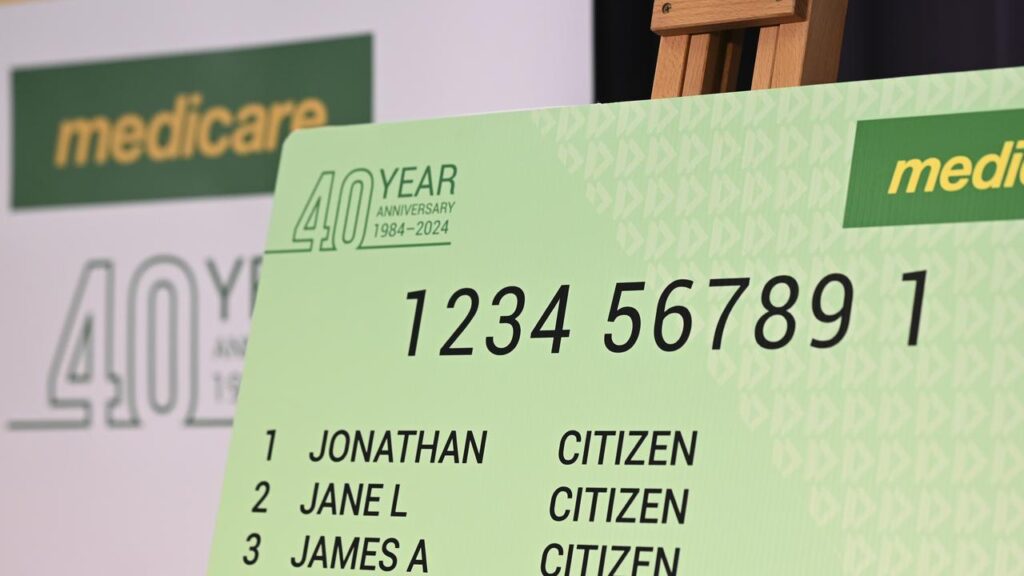‘Challenging’: NSW’s big budget announcement
Written by admin on June 18, 2024
The NSW government has announced the state’s “biggest single investment in social housing” to help address the housing crisis, despite a budget it says has suffered an $11.9bn blow because of the GST carve up.
Describing his second budget “a careful budget in difficult times”, Treasurer Daniel Mookhey said the government was expecting four years of budget deficits but was also helping households cope with the cost of living crisis without the cash splash of other states.
The NSW budget is forecast to endure a further four years of consecutive deficits until the 2027-28 financial year due to the GST fallout.
Mr Mookhey said the government would manage the budget black hole through a deficit, instead of inflicting austerity measures such as tax increases, or rampant spending cuts.
“I prefer that to hitting families or businesses for an extra $11.9bn.
“Helping families is our most important mission during NSW’s worst cost-of-living crisis in a generation,” he said.
But he flagged the state’s economic outlook “remains challenging”, with net debt revised upwards to $96.8bn for the 2023-24 financial year, plus inflationary pressures, which while easing, are still too high.
“Cost-of-living pressures have also weighed on household spending, slowing growth in the NSW domestic economy,” he said.
“Momentum in activity is anticipated to recover in 2024-25 as cost of living pressures ease.”
As well as providing help for lower-income households with electricity rebates and retaining the cap on tolls, the government is making an extraordinary intervention to help more GPs bulk bill.
“We pair the public’s resources with the people’s priorities so real change can happen,” he said in his budget speech to parliament on Tuesday.
“In this Labor budget we continue with our plans to bust the wages cap, reform tolls, back first-home buyers, build new and better public schools and hospitals, speed up the renewables revolution, rebuild rural and regional roads, help small businesses and wrangle debt back under control.
“More progress is possible.”
Mr Mookhey said addressing the housing crisis was the government’s number one priority.
“NSW needs more homes. So budget 2024-25 builds more homes.”
Under the Building Homes for NSW program, 30,000 new homes will be built after an audit of surplus state government land identified an initial 44 sites.
“Having found that land, we are now mobilising that,” he said
However, the budget’s centrepiece includes $5.1bn in funding to build a total of 8400 public homes, with half those set aside to help domestic violence victims make a fresh start. 20,000 “new and affordable” homes will also be provided by the private market under strict conditions.
The quota also acknowledges statistics which reported 18,255 people who approached homelessness services said they needed help because of domestic violence in the 2022-23 financial year.
The housing announcement is part of the government’s five-year target to build 377,000 homes to address the housing and rental crisis in the state.
The budget is also providing $1bn to repair 33,500 existing social homes, plus $655.1m for key worker and rental housing.
$189m will also be provided to incentivise GPs to bulk-bill. Mr Mookhey said the crisis in GP bulk-billing and the pressures that puts on hospital emergency departments had led the Minns government to make a $188.8m intervention to help GPs to bulk-bill after consultations with medical organisations.
“Doctors that bulk-bill are getting harder to find. Free healthcare is supposed to be the birthright of every Australian,” he said,
“But until the Albanese government recently increased payments to GPs, bulk-billing rates have been in free fall.”
Under the government’s plan, from September 4, GP practices that bulk bill 80 per cent of their patients in metropolitan Sydney and 70 per cent in the rest of the state can claim a complete tax rebate for the payroll tax they otherwise would have to pay for the wages of contractor GPs.
“Not an amnesty. Not a moratorium. A full rebate,” Mr Mookhey said.
“Additionally no GP clinic will have to pay any back taxes they might owe on a contractor GP’s wages. Extinguished through legislation. That is our plan.”
Meanwhile, spending on health and education was being held up because of negotiations with the federal government on those two areas.
Mr Mookhey said the Minns government was determined to get its fair share for schools and health under the national agreements.
“Our message to Canberra is clear: the sooner we can get a resolution to these negotiations, the sooner we can get on with ensuring our schools and hospitals remain world class.”
The treasurer also announced a new body, OneFund, to streamline how the state manages its funds.
“We will put an end to the fiction that by plunging the state further into debt we will eventually get the state out of debt,
“So rather than risking billions to bankroll this risky strategy, the government is instead shaking up its own funds under management.”
The new fund structure will manage several current investment funds worth $46.7bn as a single pool.







